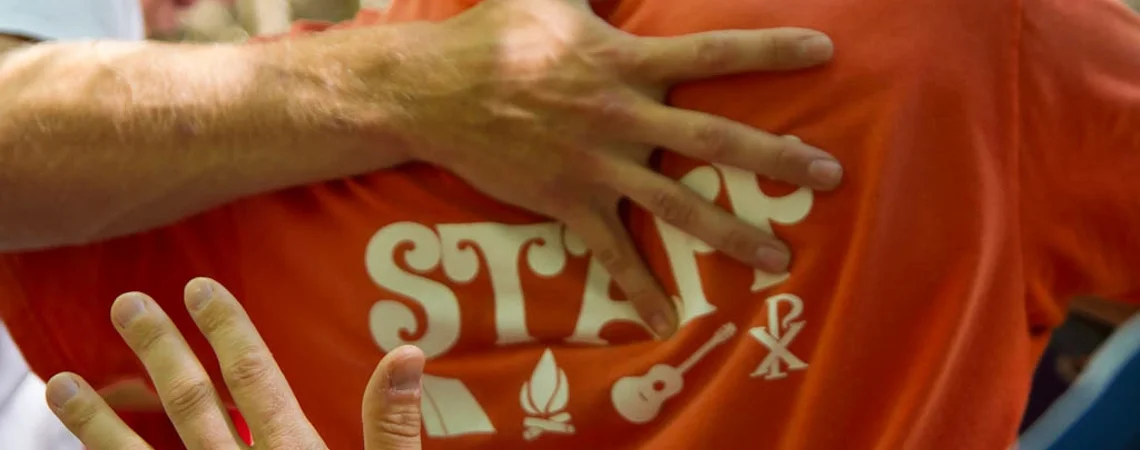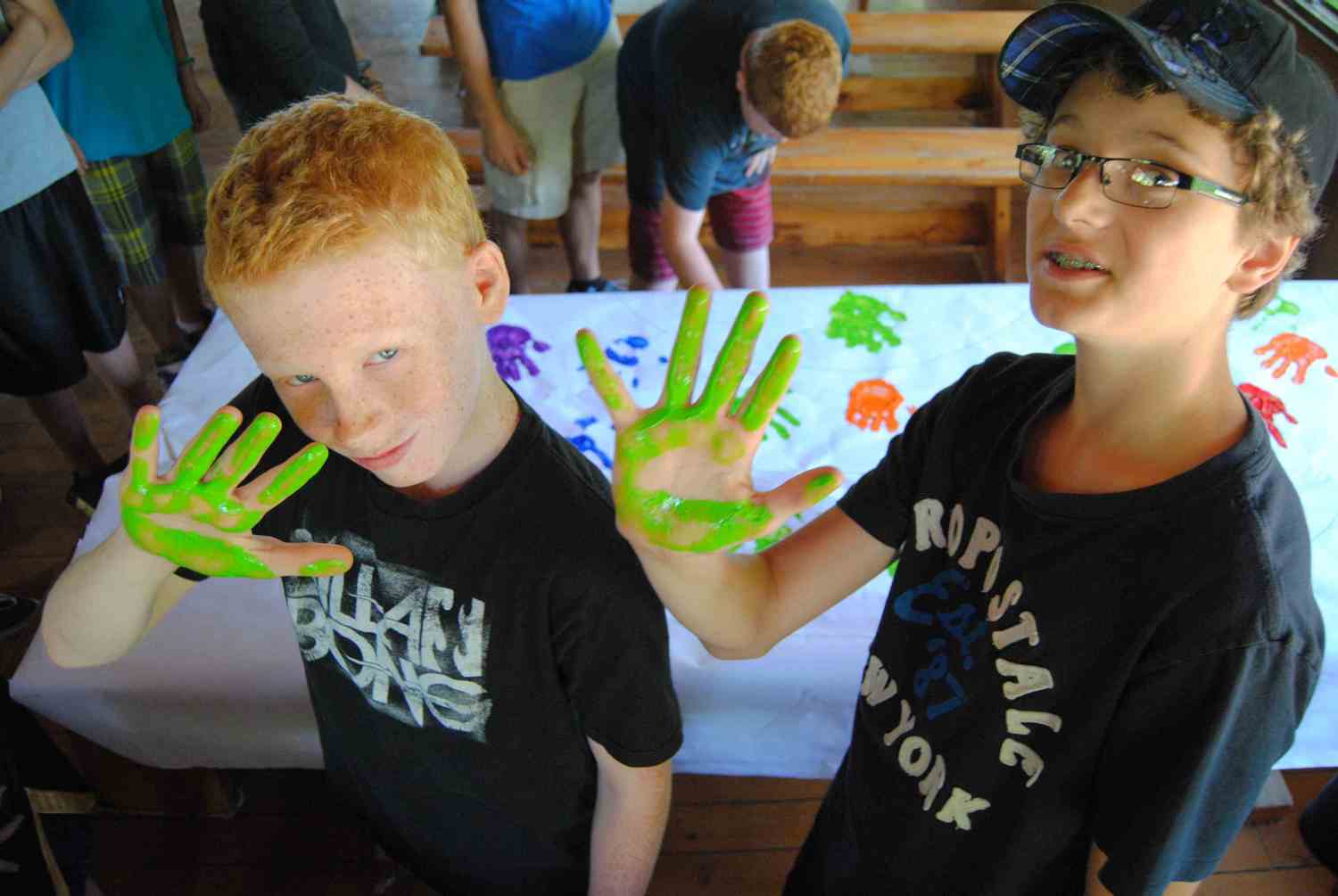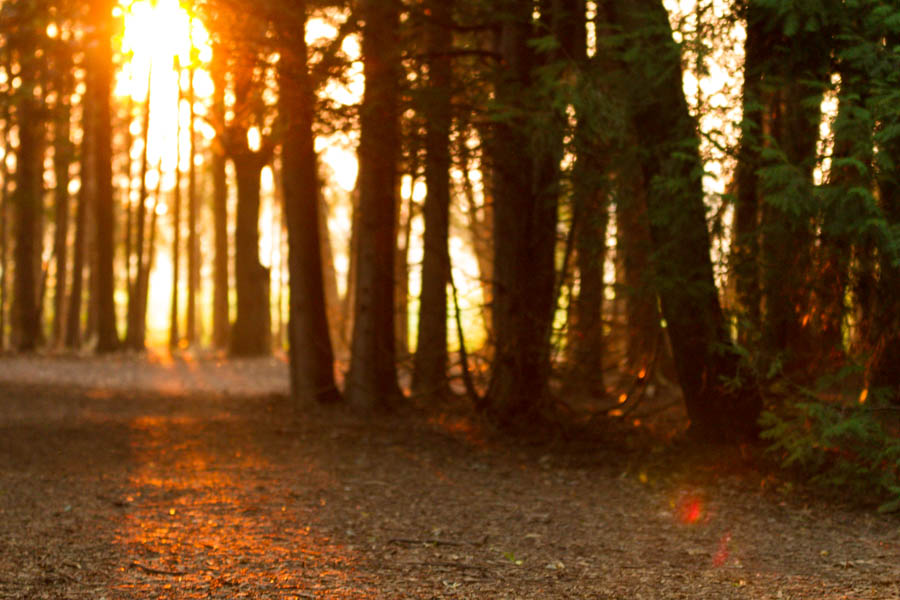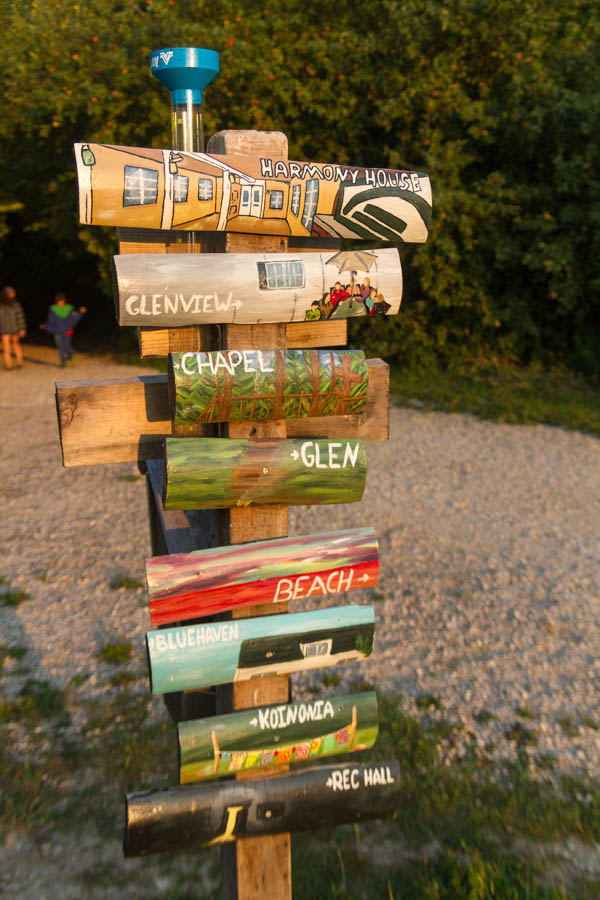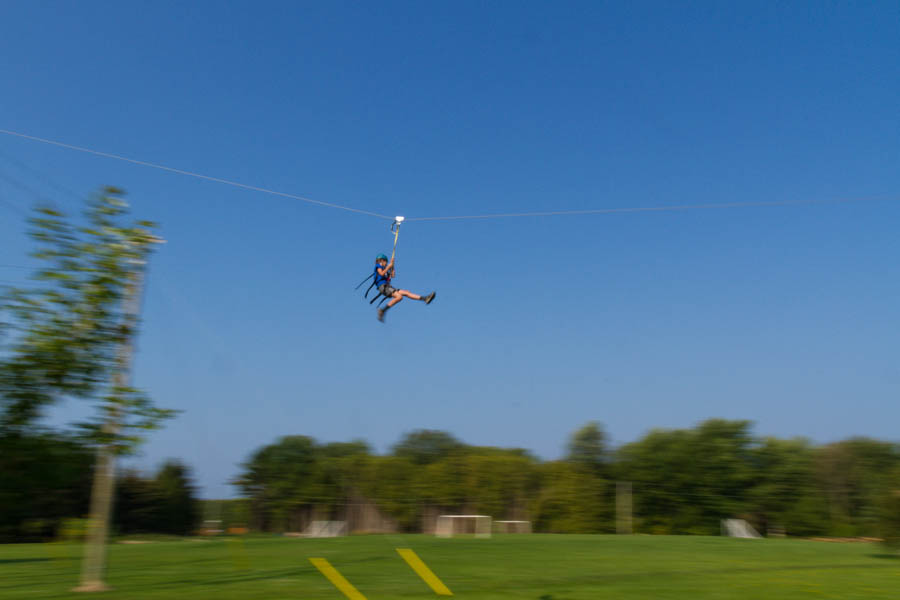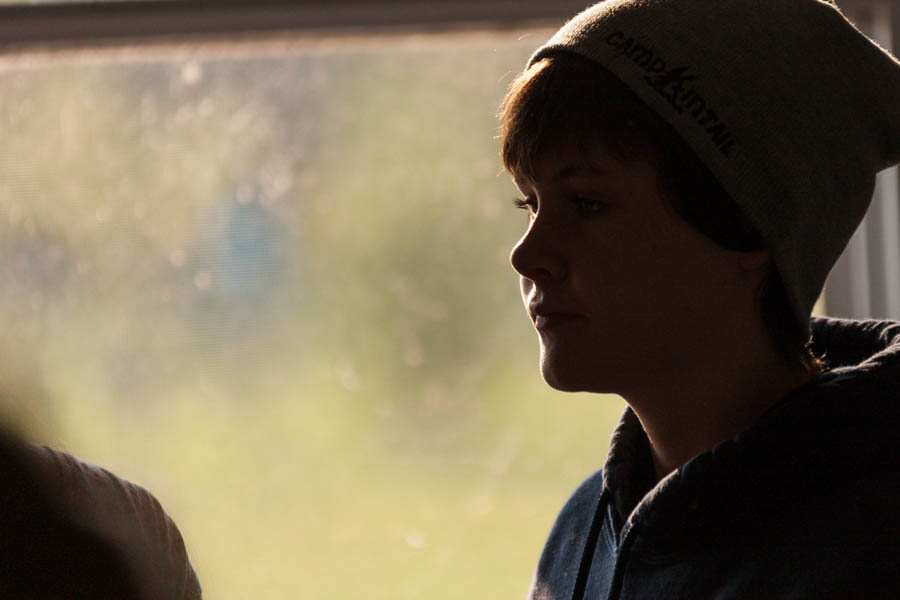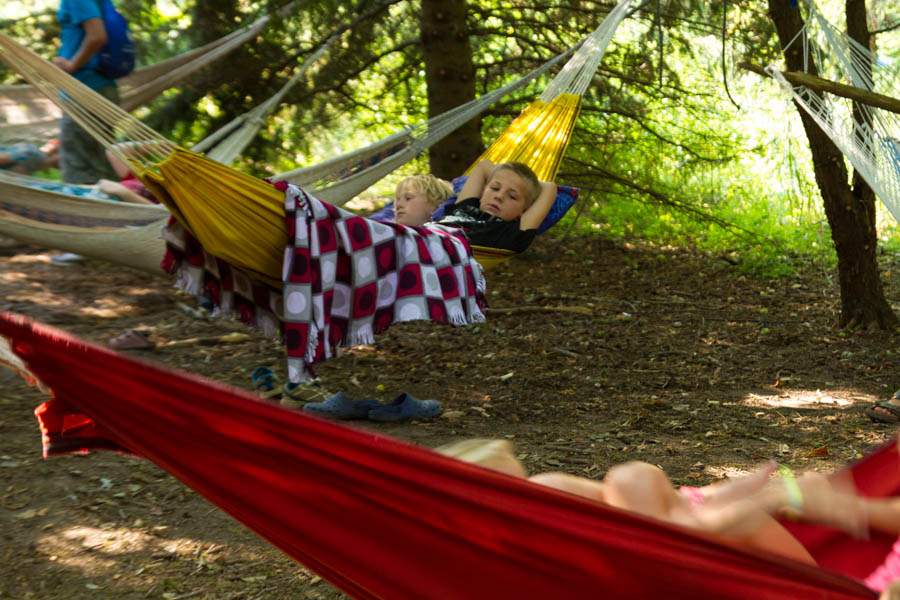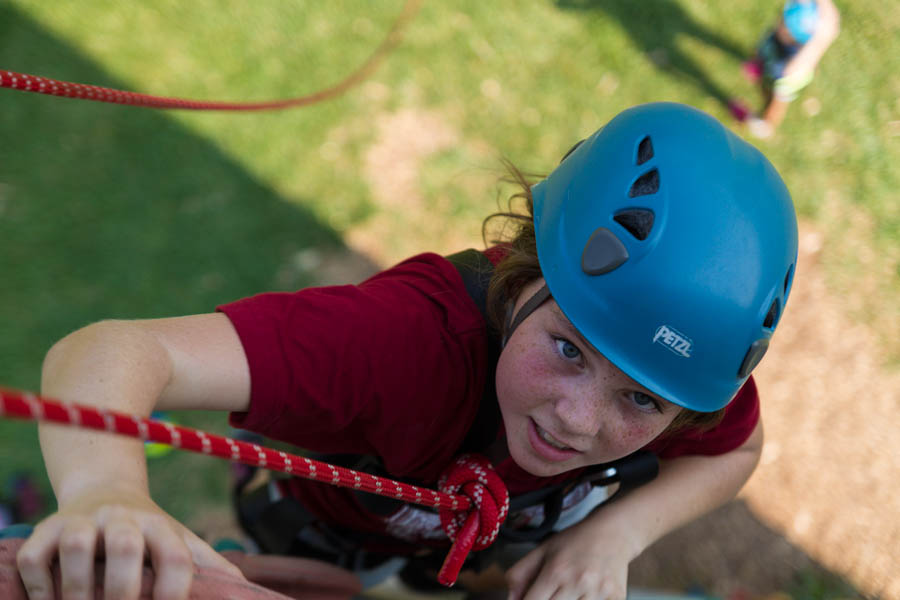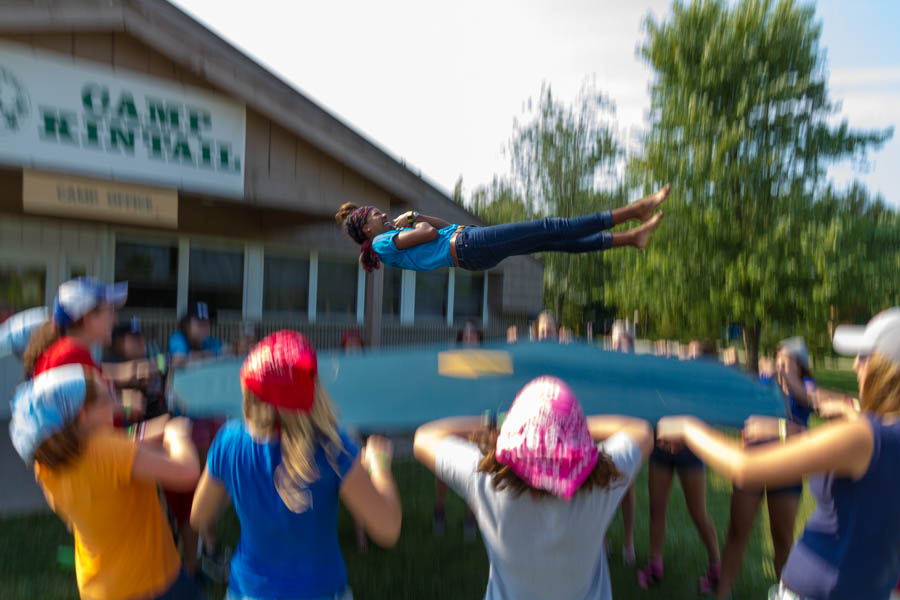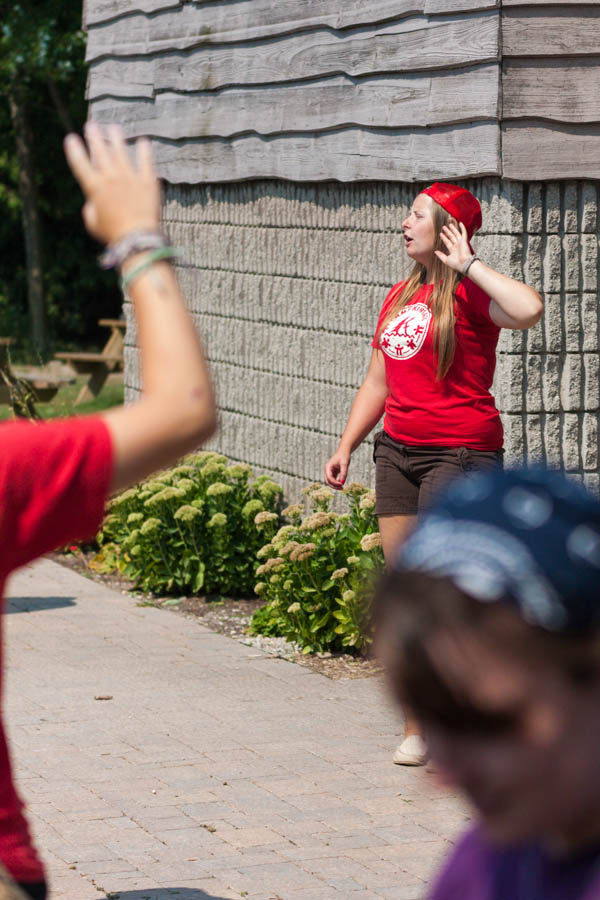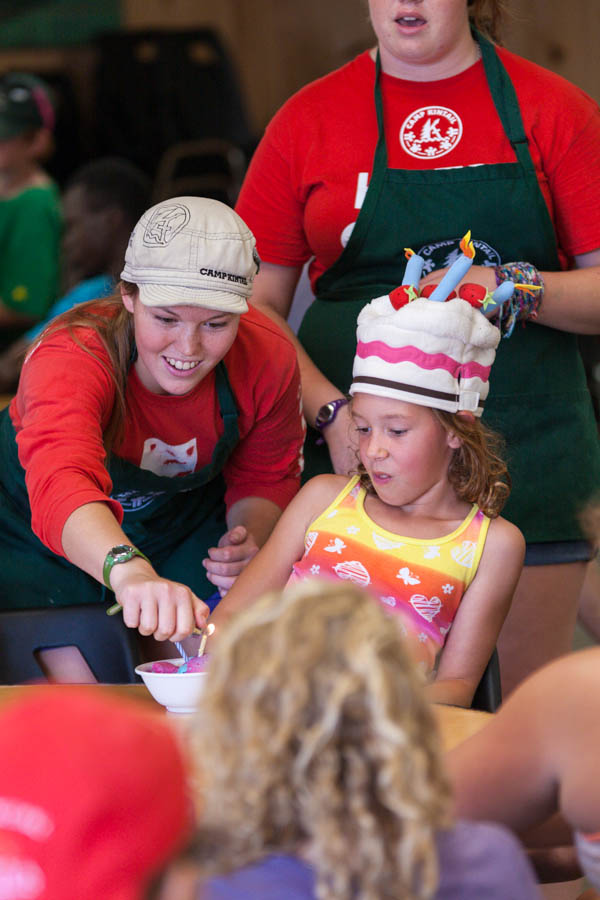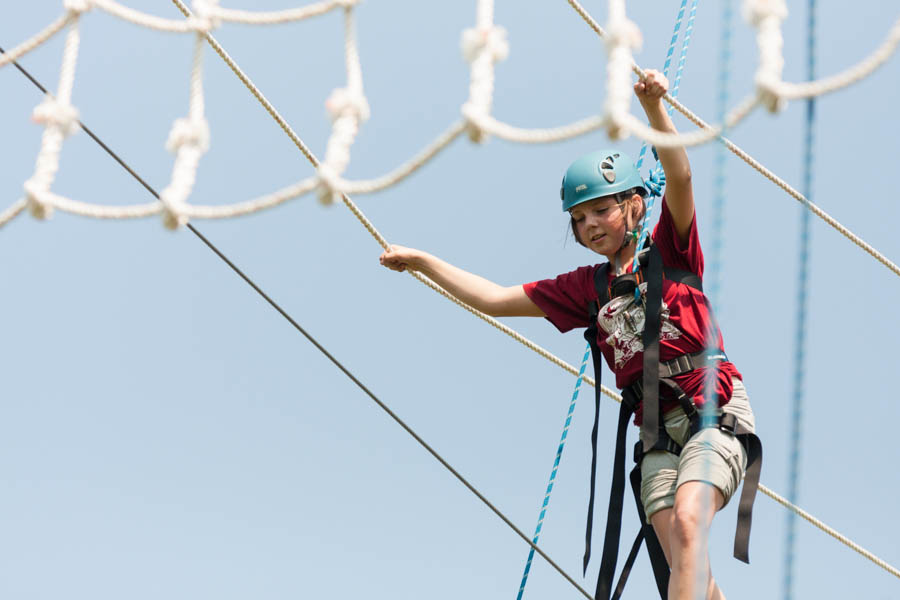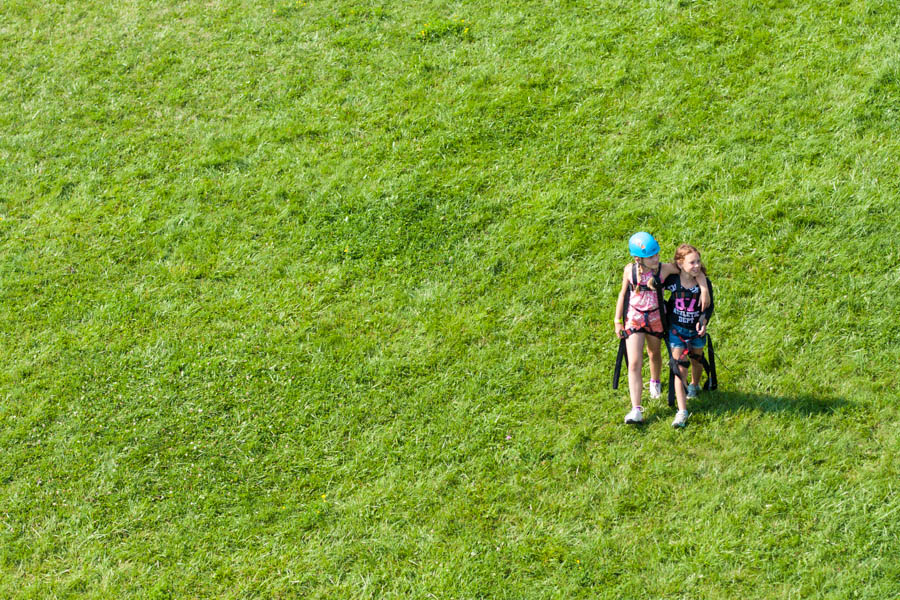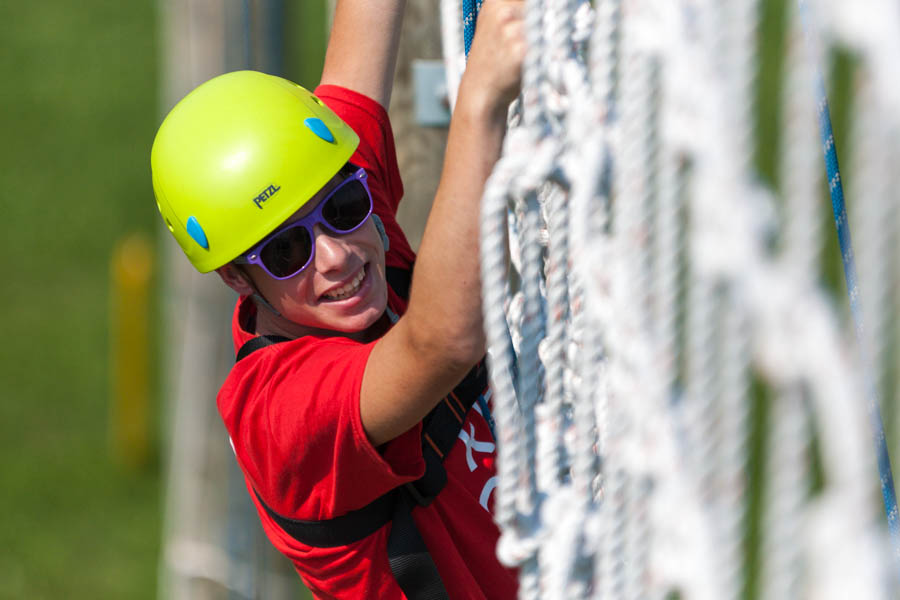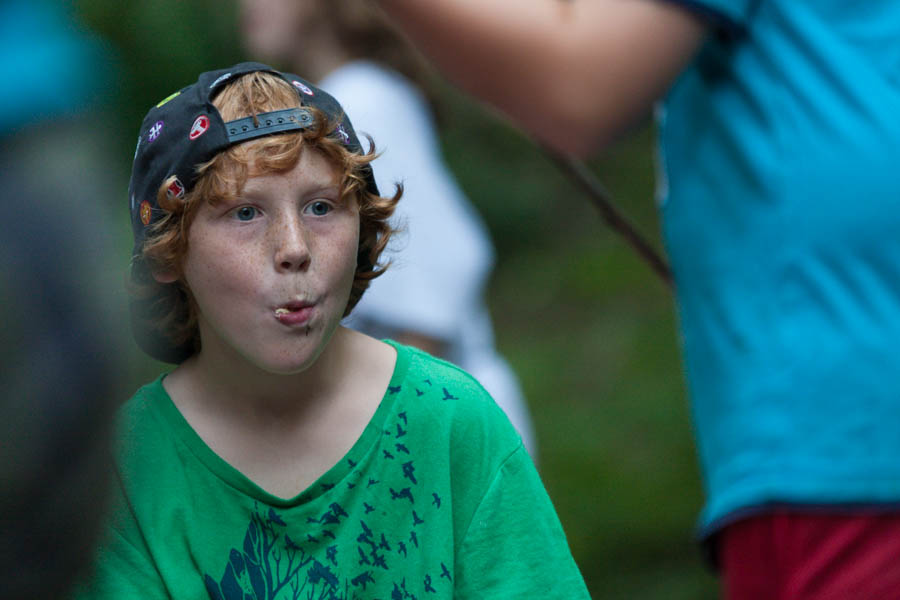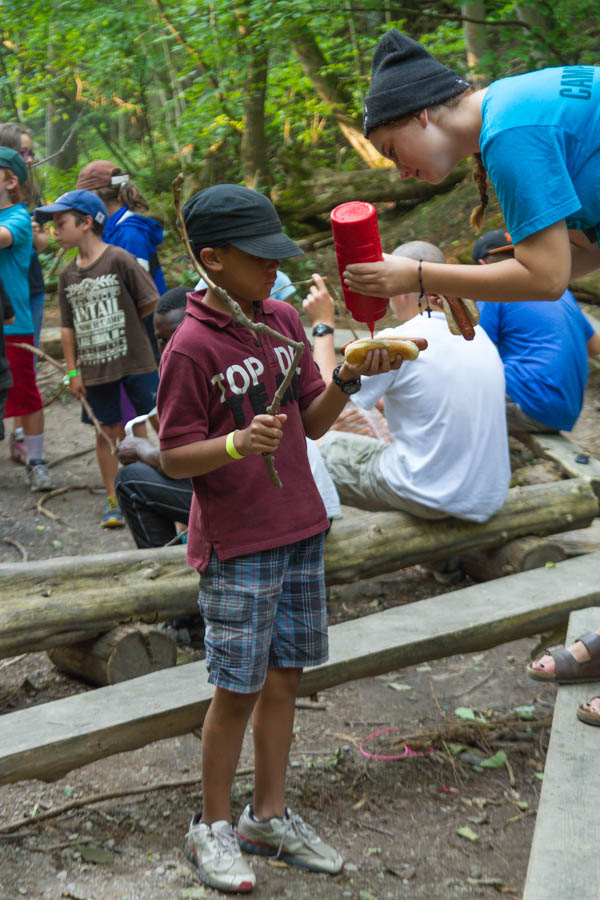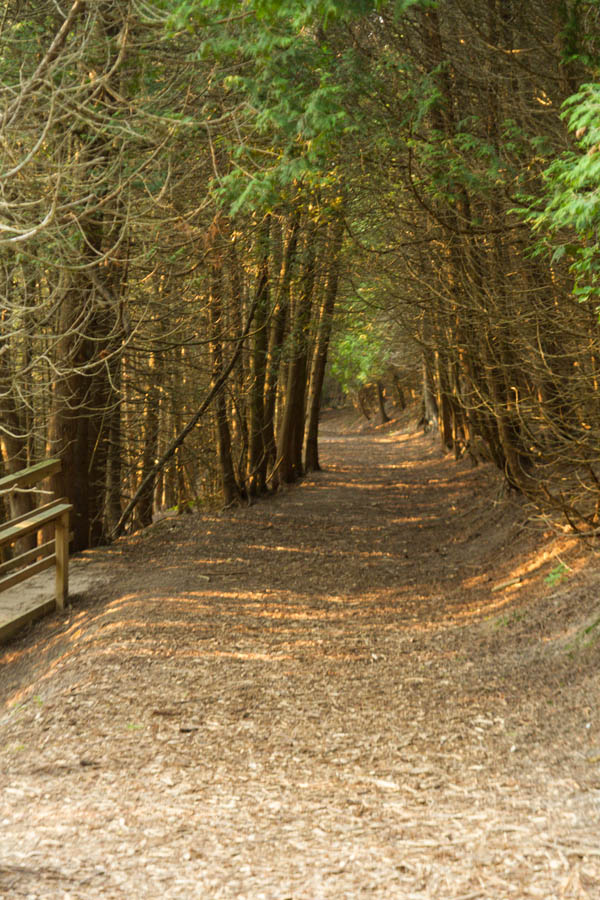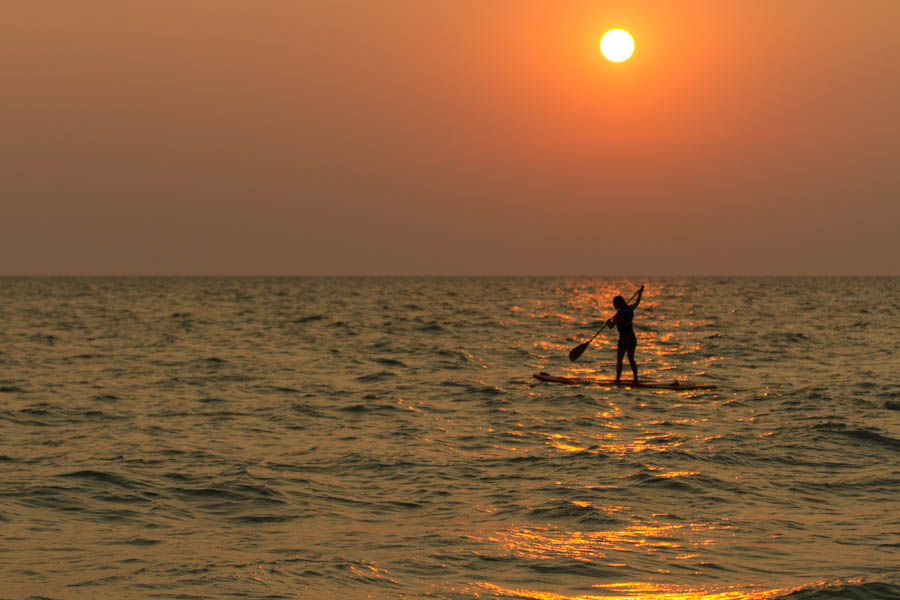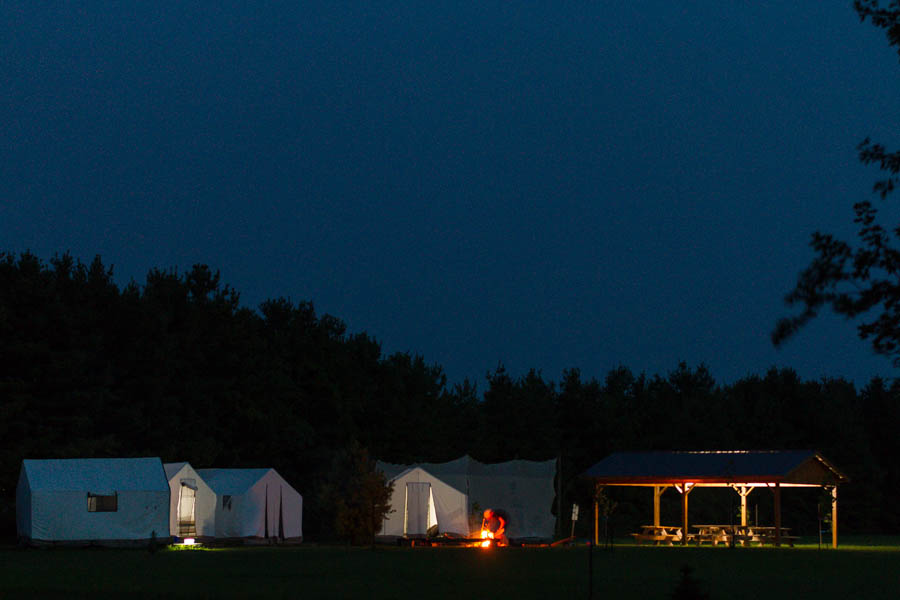S.T.A.N.D. and Be Counted!
For years now, I have been watching the change in teenagers. As a fellow camping professional, I too have battled the increasing media barrage of what teens “need” and “must have”, grieved their loss of a true childhood, wondered where this sense of entitlement came from and what to do about it, and stressed over staff members who seemed to be there just for themselves - all the while trying to keep up with ever-changing technology and its affect on teen culture. I spent years addressing each new issue during staff training and changing policies accordingly. It was exhausting.
I decided it was time for me to compile all I had learned (then and since) and create new and inventive ways to help teens make better choices, to realize they can make a difference and to use their voices to create a kinder, more nurturing world. I wanted to pull it all together in one tightly-woven package.
I began with some questions.
- What if we offered them intentional teaching every day?
- What if we reinforced it with individual cabin sessions throughout the week?
- What if we opened and closed each day with more emphasis on the lesson being taught?
- What if we added special touches throughout meals, campfires, and programs that underlined all that we were trying to instill?
- And what if we gave them lots of opportunities to practice these new skills in a safe and loving environment?
Could we see changes in only 1 short week?
I had the privilege of running the pilot program at Glen Mhor Camp, part of the Cairn Family of Camps in Muskoka, Ontario, Canada. I was invited to attend their Teen Week Camp for teens ages 13-16. It ran for a week in the middle of August. With the camp’s session beginning on a Sunday afternoon and finishing on a Saturday, I decided I had 5 full days to hit these lessons home (plus the bonus of the time on either end). With the grace of the Camp Directors and the enthusiasm of their hard-working staff, I was given the flexibility to work around their daily schedule and suggest changes as I saw fit.
If I wanted them to be intentional human beings, I had to be intentional with EVERY DETAIL. Everything was frontloaded - from the staff meeting the day before the session even began to daily announcements at breakfast about the session’s expectations. Every morning, the entire camp (and many parents and alumni - but more about that later) gathered in the lodge for an hour long leadership session. Skits, games, short videos, small and large group discussions, singing and other activities all came together to teach teens and staff the lessons of the day. Throughout the rest of the day’s programming, we reinforced what was taught and caught the campers doing it right. The changes we saw were more than I could have ever hoped. We challenged them with high expectations and they rose to each and every one and then surpassed them.
Over the next series of newsletters, I’ll go into more detail but for now, let me leave you with the name of the program. For anyone who has ever worked with me, they know I love a good acronym. I’ve always found them an invaluable way for staff (and campers) to remember important things. With that in mind, I decided upon the 5 significant lessons I wanted teens to learn and S.T.A.N.D. was born.
Each letter represents the daily lesson:
S - Social Graces, if you please
T - Take Responsibility for your own Actions
A - Ask Intelligent Questions
N - Never Miss an Opportunity to Pay a Kindness
D - Do All Things with Integrity
So I’m throwing my hat in the ring. I’m putting my money where my mouth is. I’m standing up for what I believe in. I’m joining forces with all those family members, educators and camping professionals out there helping to create teens who are confident, resilient decision makers and positive contributing members of society. I look forward to sharing more of this grand adventure.

